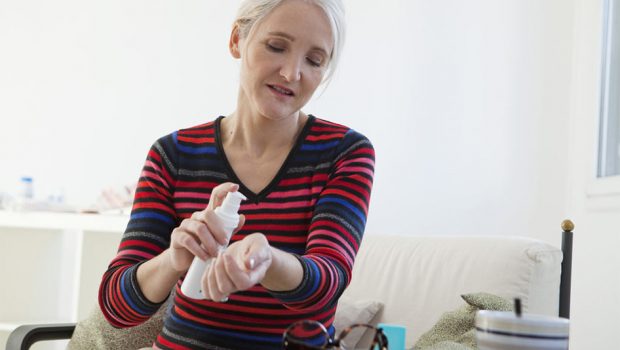Differences Between Pharmaceutical Synthetic and Bioidentical Hormones
by Susan Matos-Cloke
Pharmaceutical companies specialize in the marketing of synthetic non-bioidentical hormone replacement therapy (BHRT) drugs. The biggest sellers feature imitations of natural estrogen, testosterone and progesterone. Unlike bioidenticals, they are crafted to differ structurally from human hormone, this basic difference is intentional and essential because it allows the patenting of synthetic hormones that generate millions of dollars in profits for the pharmaceutical industry.
These non-bioidentical imitators do reduce some symptoms of hormone deficiency, but they cannot restore the balance that supports good health. Built-in dissimilarities prohibit synthetic hormones from communicating with many receptors that control crucial body functions, which creates an environment for serious health problems.
Pharmaceutical companies also market a few so-called “natural” products, like Premarin, made from conjugated equine estrogen (CEE) from the urine of pregnant horses. Even though the Wyeth-Ayerst company, a subsidiary of Pfizer, labels it as natural, but the body sees CEE as foreign. Another product, Prempro, was created from a combination of Premarin and synthetic progesterone. This notorious drug produced disastrous results for participants in several long-term studies of women’s health when both heart attacks and breast cancer incidence skyrocketed. The U.S. Food and Drug Administration now recommends that doctors prescribe hormone replacement drugs in the lowest dose possible for the shortest time needed.
Bioidentical hormones, on the other hand, are really 100 percent natural and considered the safest form of hormone replacement therapy. Structurally, they are the exact shape and form as the hormones that our body produces. Because these hormones are identical, patients will not feel any side effects from them. In case studies, bioidentical hormones have shown to have protective qualities against breast and ovarian cancer, osteoporosis, high cholesterol and heart disease. Once treatment is received, many begin noticing a difference within 1 to two weeks. After two to three weeks of receiving therapy, most patients experience a marked improvement in symptom relief and an improved quality of life.
Dr. Susan Matos-Cloke owns and operates Advanced Hormone Solutions, located at 122 E. Ridgewood Ave., in Paramus. She is a certified SottoPelle trained natural hormone specialist and a 30-year board-certified internist. For appointments, call 201-225-2525, email Appointments@ahsclinics.com or visit AdvancedHormoneSolutions.com.




























